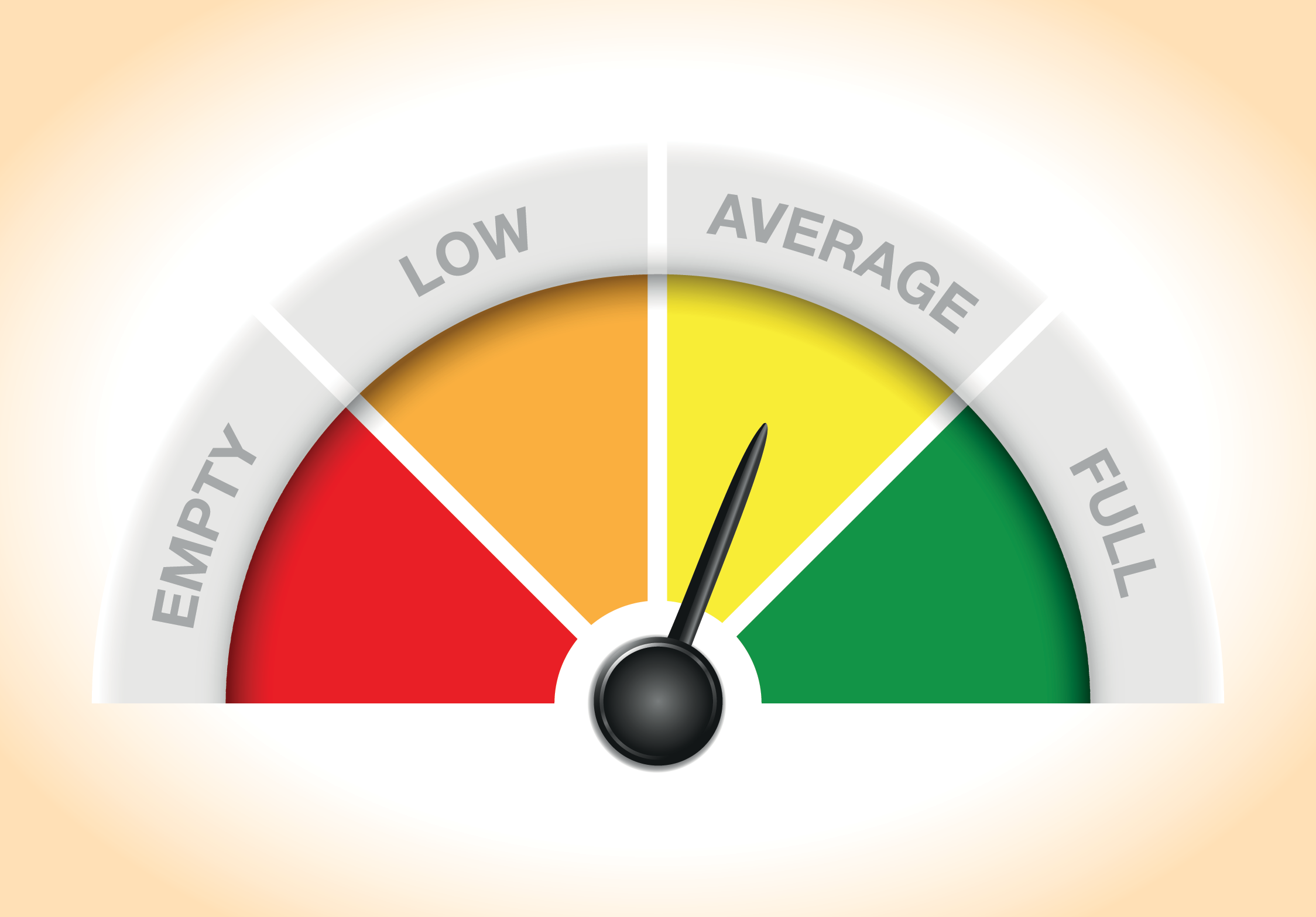5 Ways To Raise The Energy Level Of Your Next Meeting
From Fast company / by Josefine Campbell
When energy is low in a meeting, we feel it. Energy is one of those things we can’t see, but whose effects we can observe. When there is energy, people collaborate, perform, and thrive better. When it is absent, there is a bigger chance of misunderstandings, errors, and burn out.
Energy is stored inside a person, and it also flows between people. We can feel it when there is chemistry—we don’t need to see literal sparks flying to know it’s there. Energy can uplift us or it can drain us.
Have you ever come out of a meeting feeling completely drained? Have you ever been part of a team that gave you a feeling of joy when you worked together? Have you ever experienced not wanting to go to work because of the atmosphere? If your answer is yes to just any of these questions, then you understand the importance of team energy.
FACTORS THAT CAN DRAIN TEAM ENERGY
There are several factors that can drain team energy. A difficult coworker can negatively impact a whole team’s productivity. And we often don’t have the freedom to choose our coworkers. To mitigate this challenge, I recommend maintaining a positive attitude and finding opportunities to laugh together. However, this isn’t always easy to practice, and some people require more energy to be with than others.
What’s more, while working from home has created many benefits for workers (such increased flexibility) it has also brought challenges (such as collaborating with difficult coworkers). Other hybrid work behaviors that can negatively impact team energy include sitting in front of a screen throughout the workday with few or no breaks and having too many to-the-point, transactional conversations and not enough personal connection.
Practices like these can negatively impact work relationships and team energy. In some cases, they can lead to employees not feeling a sense of belonging. Every human being deserves to feel that they belong and that what they do is meaningful, either at work or elsewhere.
HOW TO RAISE TEAM ENERGY IN A MEETING
The way you collaborate as a group has a big impact on both individual and collective energy levels. Work that gives you energy is motivating and engaging. Conflicts, setbacks, and disrespectful communication are some of the biggest energy consumers. Here are five practical things you can do yourself, or as a team, to raise the energy level of your next meeting:
1. Get some air. If you have the opportunity to walk outside, get some fresh air before you start the meeting. You can either start by giving everyone 10 minutes to go outside or, if you’re all in the same location, start the meeting with a walk and talk.
2. Get active. When you have free time, be sure to move. This can include standing up, stretching, or walking for as little as one minute. You can do this as an individual or as a team.
3. Meditate. I highly recommend that workers give themselves time to meditate. Just seven minutes can do the job. Most people tend to feel refreshed after closing their eyes and turning their attention inward. Of course, you can’t force people to meditate, but anyone can appreciate some time to reflect and take a break.
4. Have a laugh. For most people, a good laugh can be as effective at improving their mood as meditation. However, do not use sarcasm or any other type of humor that could offend someone.
5. Check in. Start meetings with an energy check-in, in which everyone shares how much energy they have. This lets the team connect on a personal level. To keep it simple, you can share your energy level as a percentage or just say “low,” “medium,” or “high.”
If you follow some of these practices with your team, over time you’ll develop collective awareness of what gives to and takes from the team’s energy. I encourage you to talk about it. Ask yourself and each other: Why is our energy level low? Is what we’re talking about not important? And, vitally, Has the meeting gone on too long?


